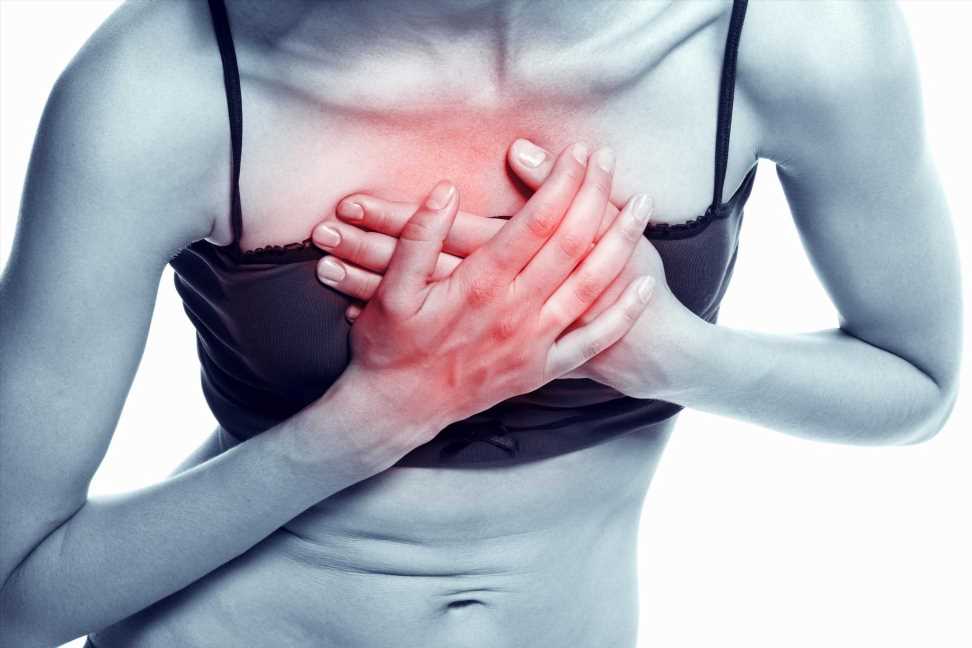IT turns out what you do for a living could indicate your risk of heart problems, docs have warned.
A new study found female health workers were at greatest risk of poor cardiovascular health.
That's despite these groups having a greater understanding of the risk factors that can trigger heart problems, experts noted.
They found female nurses, health aides and social workers were at greatest risk.
And those working as cashiers were also found to have poorer heart health, a new study by scientists at Drexel University in Philadelphia, Pennsylvania found.
They looked at how various jobs impacted heart health in 65,000 women who had been through the menopause – with an average age of 63.
Nearly 13 per cent of all participants had poor cardiovascular health, and several common jobs were associated with increased risk for poor cardiovascular health for women.
Social workers were 36 per cent more likely to have poor heart health and retail cashiers were 33 per cent more likely to have poor heart health.
It's important to look beyond individual factors such as health knowledge to better understand the context of health care and other jobs that negatively impact cardiovascular health in women
Women in some health care roles were up to 16 per cent more likely to have poor heart health, especially in the areas of nursing and psychiatry and home health aides.
Registered nurses had a 14 per cent increased risk of poor cardiovascular health.
On the other hand, the researchers found that female real estate brokers and sales agents were 24 per cent less likely and administrative assistants were 11 per cent less likely to have poor cardiovascular health compared to women in other occupations.
Symptoms of heart attack in men and women
These are the signs the British Heart Foundation is calling for everyone to be more aware of:
- Chest pain or discomfort – the most recognised symptom of a heart attack though not always present
- Pain radiating to the arms, neck, jaw, stomach and back can all be symptoms of a heart attack. You may experience pain in just one or all of these places; for some people the pain is severe but for others just uncomfortable
- A feeling of indigestion or reflux type pain – this is often ignored in the hope that it will pass
- Feeling sick, sweaty, breathless or lightheaded with associated chest pain or discomfort
- A general feeling of being unwell or lethargic can also be an indicator of a heart attack when accompanied by chest pain or discomfort
All statistical analyses were adjusted for age, marital status, education and race.
Study author Bede Nriagu said: "Several of the professions that had high risk of poor cardiovascular health were health care providers, such as nurses and home health aides.
"This is surprising because these women are likely more knowledgeable about cardiovascular health risk factors.
"We interpret this to mean that it's important to look beyond individual factors such as health knowledge to better understand the context of health care and other jobs that negatively impact cardiovascular health in women."
More on heart disease
WARNING SIGN 
The common FEELING that increases a man’s risk of deadly heart disease

I called 999 when my husband got indigestion and it saved his life

6 reasons you might turn blue – and when you must see a doc

I was told to abort my baby then we almost lost her to Covid – she's our miracle
Dr Niragu added that the study suggests occupation is an important determinant of women's heart health, and clinicians may want to ask about occupation to help identify people at high-risk.
The findings will be presented at the American Heart Association's Scientific Sessions 2019 in Philadelphia, US, later this week.
It comes after it was revealed two women die needlessly every day from heart attacks because they do not receive equal treatment to men.
People view heart disease as a man's illness, meaning women don't receive the same standard of care and are more likely than men to be misdiagnosed.
Source: Read Full Article

